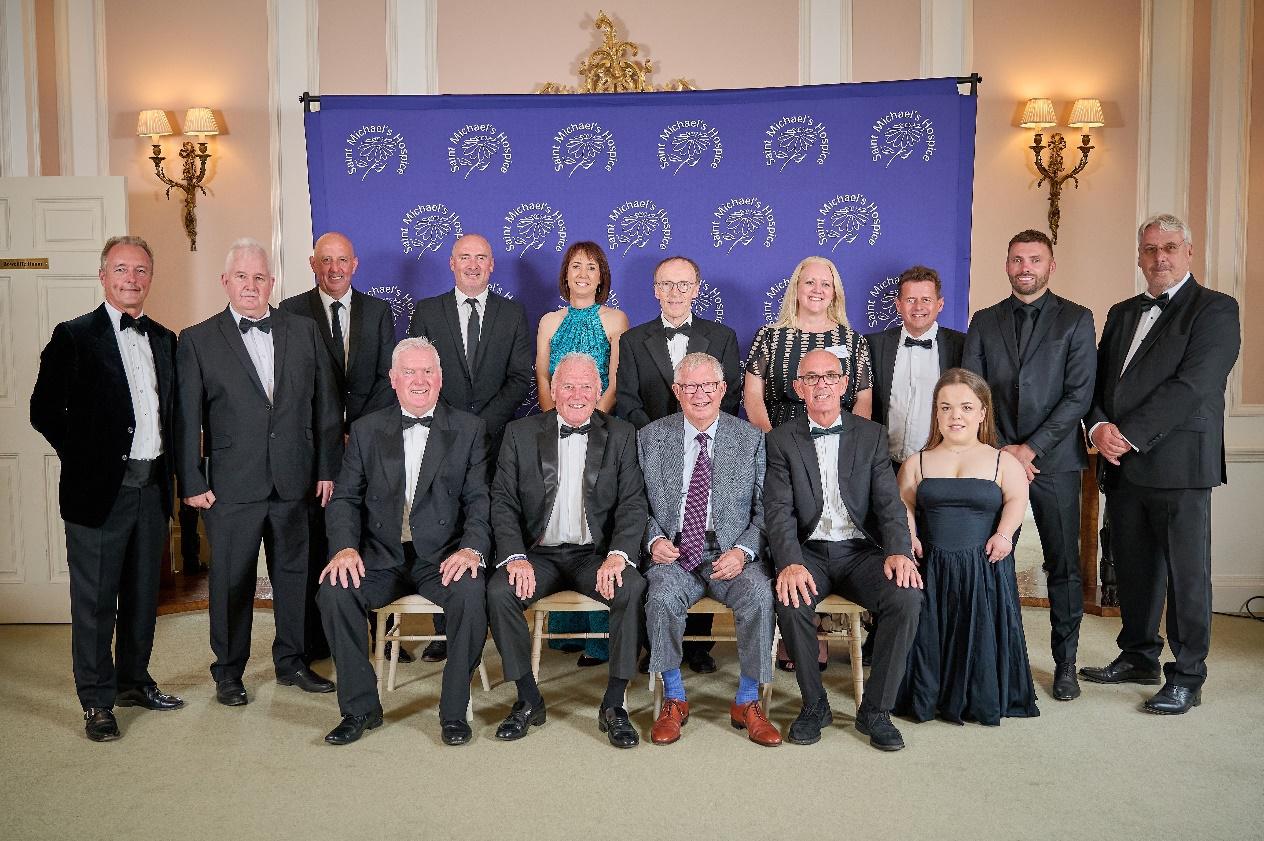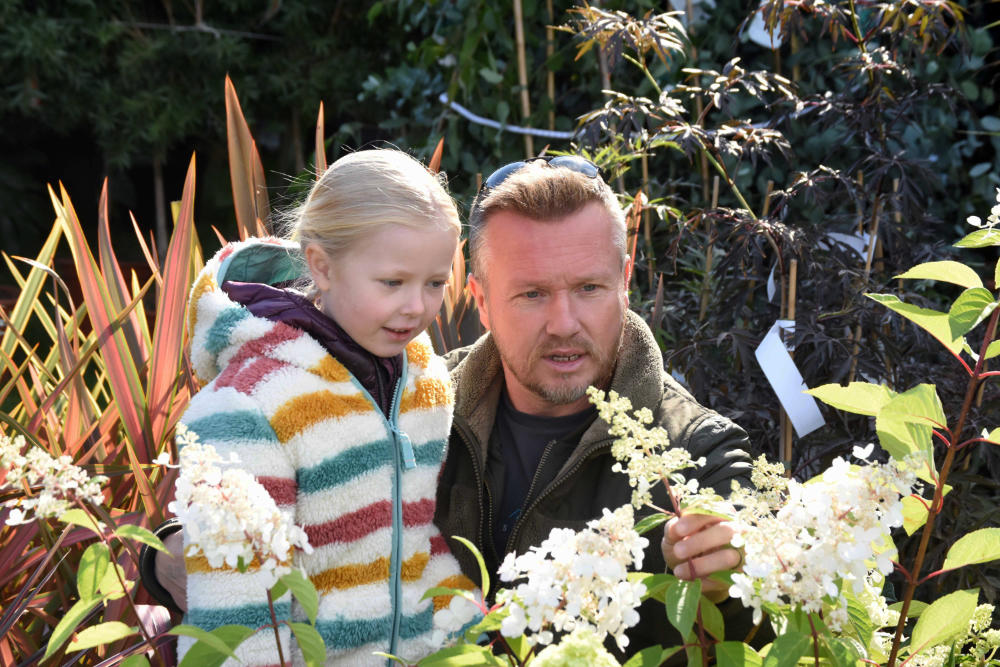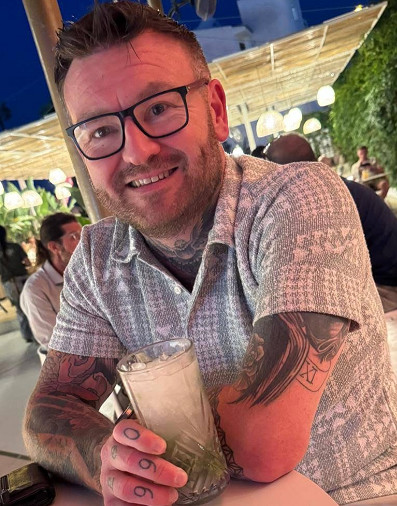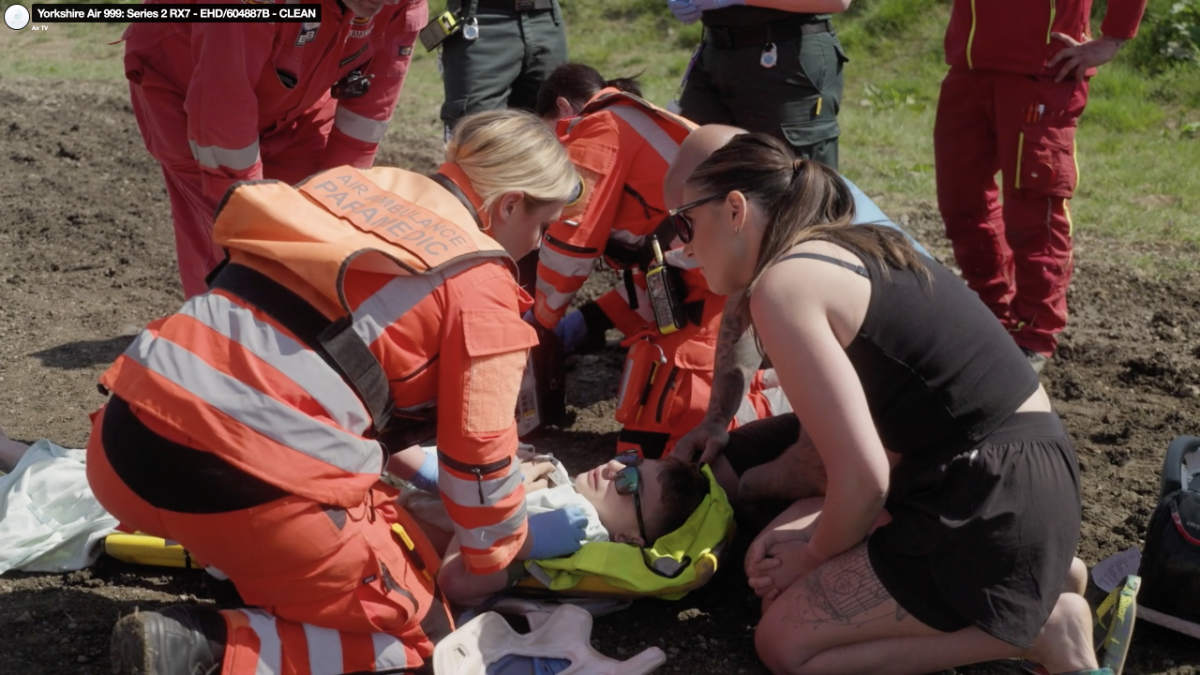I got married in May, and my symptoms flared up so badly in the weeks leading up to the wedding that I was back in a wheelchair only a few days before. I remember being so upset every night, thinking that I wasn’t going to be able to make it down the aisle – but I did! I walked it, which was a huge milestone for me.
That’s the experience of Georgina Atkinson, 29, of Harrogate, North Yorkshire, who has M.E., a chronic neurological condition that affects around 250,000 men, women and children in the UK.
Many people with M.E. face isolation, stigma and a lack of support as friends, family and even some professionals struggle to accept the true impact of the illness.
Georgina said: I was told following my diagnosis that I was being referred to the local M.E. service. I received the referral letter a year later, despite chasing on so many occasions. All of the support I have received has been through private medical care, which shouldn’t have to be the case.
By sharing her story for M.E. Awareness Month in May, Georgina is sending a simple message: people with M.E. matter.
Georgina said: In an age full of social media it’s super hard seeing all of your friends living their lives, taking trips and doing things without you. I missed out on so many things – holidays, birthday parties, important work events, even my own hen party. Luckily my very close friends are still my very close friends, which I am forever thankful for.
I was working for a property developer in London and definitely living life on high alert – always the one to stay for one more drink at the end of the night and putting in the hours in at work to try and progress my career.
Then I was diagnosed with M.E in May 2015 following a bad bout of glandular fever which I never fully recovered from. I was bedbound for months, unable to turn on my side in my sleep or walk a few steps to the bathroom next door. I had lost total control of my legs and my body was just unresponsive. I have never experienced anything quite like it. I remember lying in bed looking up at the ceiling for weeks on end. It was horrendous.
There was no way I could even think about going back to work. I had to terminate my employment, leave my friends and flat behind in London, and move back into my parents’ house in Yorkshire. It was devastating.
People with M.E. experience severe, persistent fatigue associated with post-exertional malaise, the body’s inability to recover after expending even small amounts of energy. This leads to a flare-up in symptoms including chronic pain and difficulties with concentration, thinking and memory – known as “brain fog” – and problems with the nervous and digestive system. Around a quarter of people with M.E. are so severely affected that they remain bed or housebound.
Georgina said: My M.E seems to affect my legs in particular, and I would say this is one of my most challenging symptoms. I wake up on a regular basis with aches and pains, and find myself battling with this more than anything else. Although I am walking so much more than I was before, I struggle to walk any sort of extended distance without it affecting me.
My second most challenging symptom is brain fog. For those who don’t or haven’t had M.E, it is the strangest feeling ever – it feels like there is nothing in your head at all, just fog. It affects me most when I am trying to hold a conversation, particularly for a longer period of time.
Many people with M.E., including Georgina, find a technique known as pacing – balancing available energy with regular rest periods – to be helpful in managing their symptoms. However, it is not a cure – there is no pharmacological cure for M.E.
Georgina said: Luckily I have an incredibly supportive husband, who has been with me every step of the way. But many people I come into contact with don’t understand M.E. and simply think it’s a case of being ‘tired all the time.’ I remember vividly, on one of my first ventures out to see a group of friends in over a year, a friend of mine laughed when she asked how my ‘M.E.’ was. When I got home that night, I burst into tears. I couldn’t believe how little people knew or how little people thought.
UK charity Action for M.E. is taking action to end the ignorance, injustice and neglect experienced by people with M.E. Find out how you can make a difference to the lives of people with M.E. right now at www.actionforme.org.uk or call 0117 927 9551.







